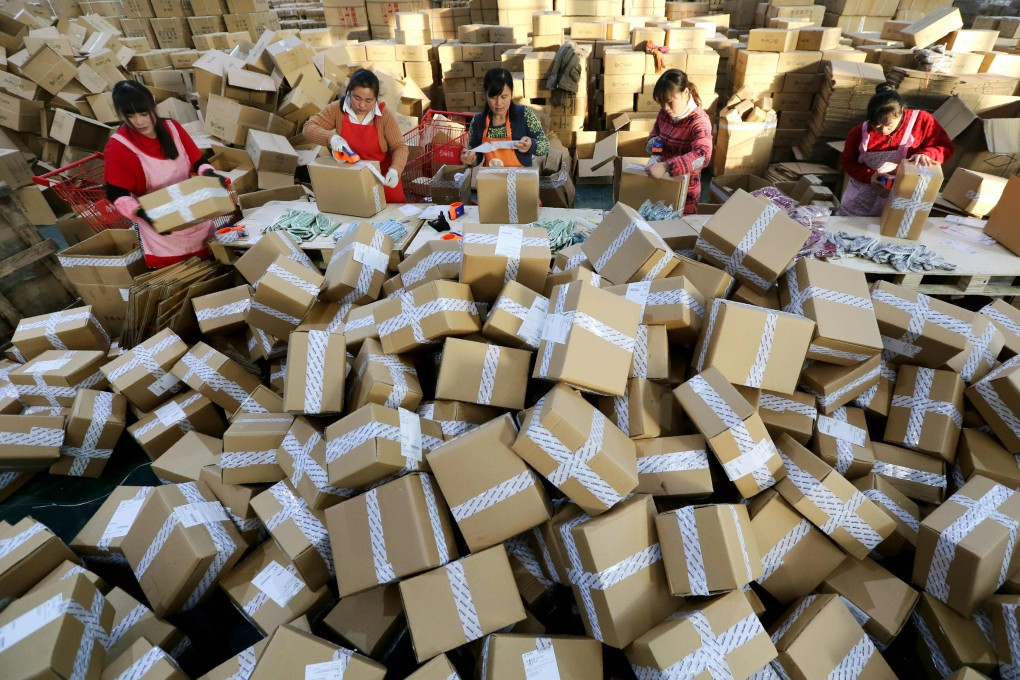Advertisement
Chinese public wait for consumer protection to catch up with e-commerce
- False advertising, unlicensed workers and non-refundable advance payments are rife
- Digital economy accounts for growing share of GDP but the law has not been updated at the same pace
3-MIN READ3-MIN
1

Ma Yuting has been in a tussle with an education company for three months. She prepaid more than 15,000 yuan (US$2,300) in 2019 for her then eight-year-old daughter to have 360 sessions online to practise English with teachers in the Philippines. But at the end of last year, with half of the classes still to come, the company’s Beijing office was shut down and its service hotline disconnected.
“I contacted the salesperson,” Ma said. “At the beginning, she explained that the business was hit by Covid-19, with many teachers in the Philippines unable to work in lockdown, and asked me to be patient. Then later calls went unanswered.
“I found the company’s address on its website and went to its office. It was empty and the office building manager told me they had moved out quietly without paying their rent. My heart sank.”
Advertisement
Ma was one of the consumers who found they were poorly protected when millions of small companies in China collapsed during the country’s initial coronavirus outbreak last year. Those who had paid for online services were left particularly exposed.
Since then, Ma has been busy calling the market regulator, the local consumer rights protection association and the police.
Advertisement
Advertisement
Select Voice
Select Speed
1.00x
